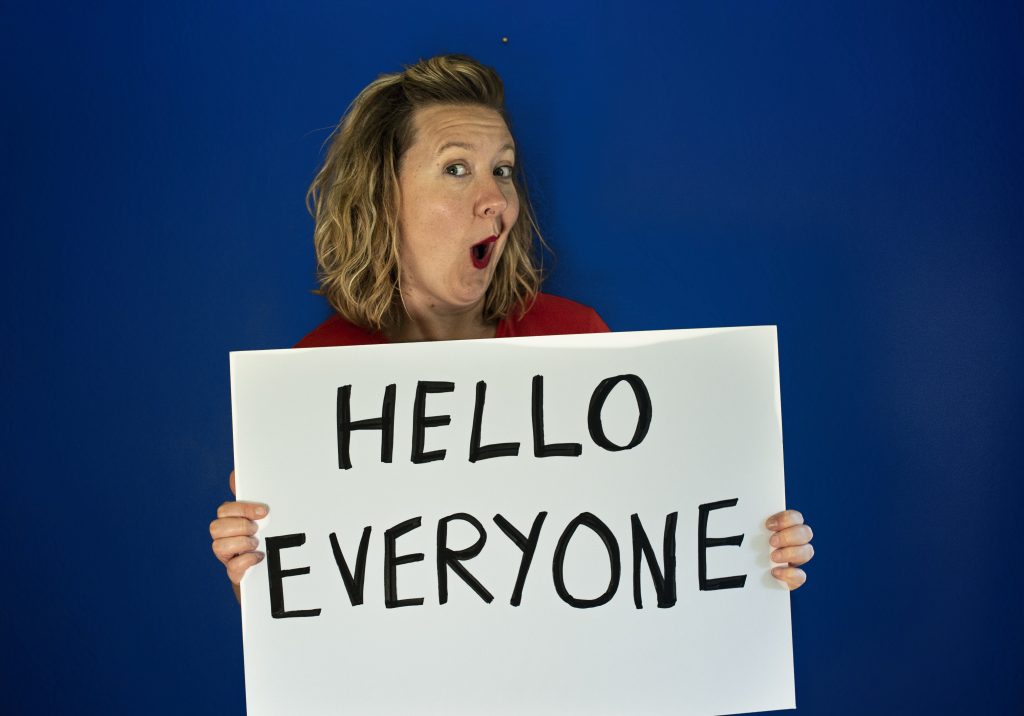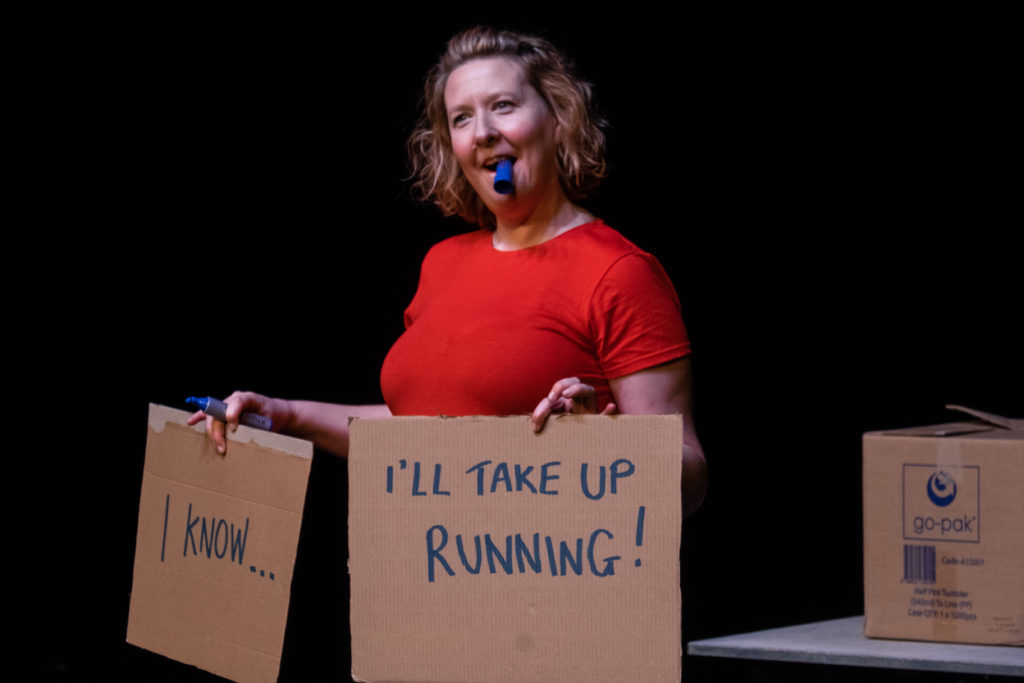
01 October 2019
This interview was first written with FELICITAS SOPHIE VAN LAAK for DIVA magazine online when I was touring my autobiographical solo show ‘How to be amazingly happy!’. You can see the original posting here:
https://divamag.co.uk/2019/10/01/how-to-be-amazingly-happy/
DIVA: Why is our society obsessed with being “amazingly happy” and what does that sentiment mean for you?
VICTORIA FIRTH: I think everyone is looking for happiness or fulfilment and we’re also being sold ideas of it all the time. What it means or really looks like is a million-dollar question, but I’m pretty sure it’s not as advertised. When I thought about it, for me, I decided that identity, purpose and belonging were all things that I wanted to develop. I nearly put love on the list, but it felt too problematic at the time. Someone said to me at my last show that, “Happiness is being in the present moment,” and I think there’s also probably a lot to be said for that.
Your solo show also talks about women who don’t have children. Why do you think there’s still so little social validation for those women?
Generally, we’re not as good with difference and complexity as we ought to be – or like to think we are. Motherhood is still such an established archetype for women and is embedded in gender ideas, education, working culture, social expectations, conversational conventions and so on. For “The Patriarchy”, a single or childless woman is still a threatening idea but, to be honest, I think a lot of it is just ignorance and a failure to adapt to something that is becoming more and more common.
In your experience, are voluntary and involuntary childlessness perceived differently?
Some people choose not to have children for personal, social, political, environmental or other reasons and may celebrate and empower that choice with terms like “child-free.” That’s great. The right to choose is paramount.
However, some people want children and either find that they can’t or don’t. People tend to think of infertility as the primary cause – a physical or medical issue – but social infertility is becoming more and more common. By this, I mean people whose desire to have children is negatively affected by their life circumstances, for example they haven’t met the right partner, or they’re waiting longer because of work responsibilities, economic pressures or lack of support. For those who do want children, not having them or trying to have them and failing is heartbreaking. It’s not spoken of much because it’s a very personal experience that can involve shame and vulnerability, so instead it’s an often invisible grief.
What makes the lesbian experience of childlessness unique?
I think the lesbian experience of both trying to have children and not having them has particular challenges. When I first started thinking about children, I was struck by the internalised homophobia that came up. Could I be a mother, should I be? I also realised how hetero-normative my ideas of family were. That my circumstances didn’t match those pictures but, in a perverse way, I was almost waiting until they did. I also struggled with a lack of role models, although that’s starting to change now.
For childless lesbians then, I think it’s easy to assume that they were never going to have children or never wanted to – which may not be the case. For those who want to parent, there’s the challenge of being self-determining. Then, more choices about how to go about it, who to involve, the cost and so on. Access to NHS support is more difficult for lesbian couples, as it often is for single women.
Yours is a “story of reinvention.” What things have you reinvented about yourself?
People have to reinvent themselves for all kinds of reasons – relationships that don’t work out, job changes, health issues – so it’s something everyone can relate to. For me, I started to put a different value on my own happiness. I decided to take more risks. I made some conscious choices about how I wanted to spend my time. I committed to trying out some things I’d always wanted to do and, if I wasn’t sure what they were, then I had a go to find out. I also wanted to have more fun and take myself more lightly. I still have to work on that, but it’s why I wanted to make a show that was funny as well as thought-provoking.

**********